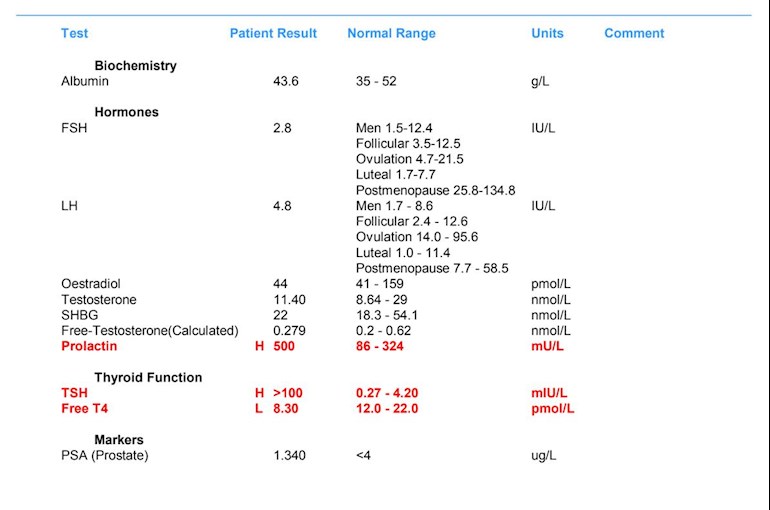For a while ive been getting lots of dizziness, lethargy, inability to move, issues with my sex drive and some mild disorientation. So I paid for a private blood test, got these results back yesterday. Not been to my GP about it yet although I will make an appointment soon.
6 months ago I had a normal TSH and thyroid function as it was checked in A&E. Just looking for some information on what could cause such a huge, underactive thyroid so quickly?
Also how dangerous is this? I read about a guy dropping into a myxoedema coma after his TSH reached 52! With mine being at 100 I am seriously concerned.
Nearly forgotten, why am I so slim? I eat plenty, train in the gym regularly but I still have issues putting weight on. I'm an otherwise healthy male in his early twenties.

